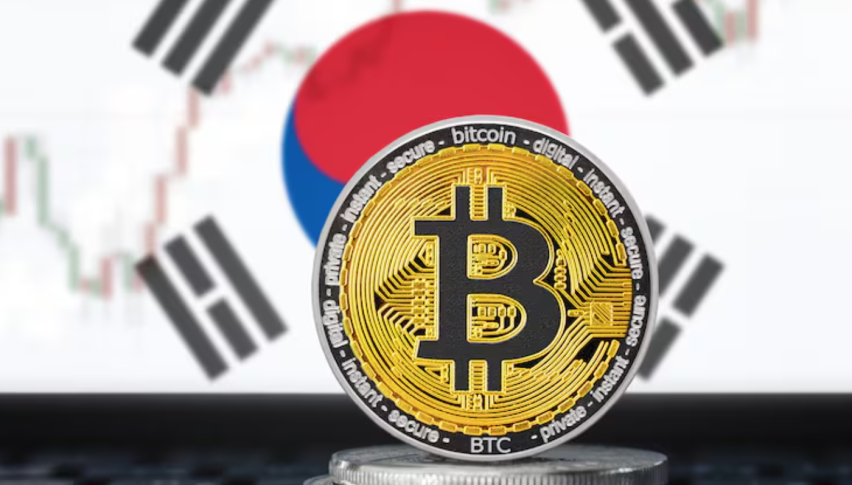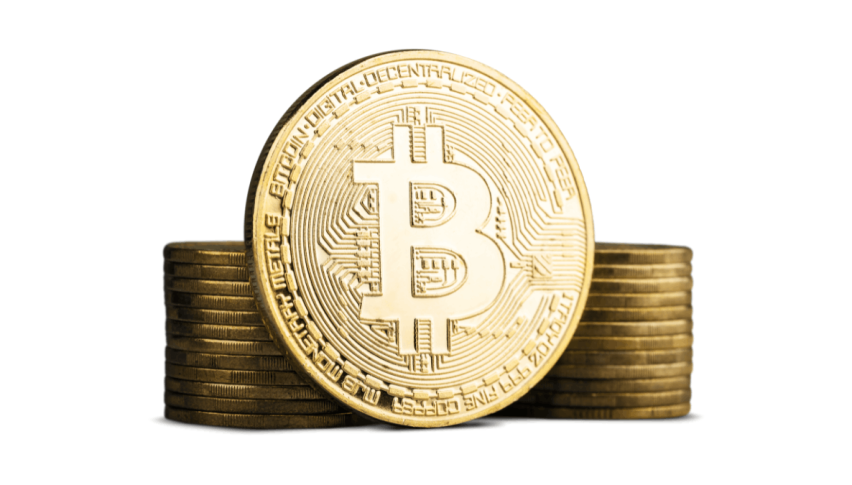South Korean Lawmakers Sell Crypto Amid Scandals, Leaving Only ‘Crypto Dust
South Korean lawmakers are increasingly distancing themselves from cryptocurrency ownership, claiming their wallets contain little

This sparked widespread allegations of crypto insider trading among lawmakers, leading to growing public distrust. As a result, South Korean lawmakers are now legally obliged to declare any cryptocurrency holdings.
Faced with potential backlash and growing regulatory oversight, many politicians have chosen to liquidate their holdings, leaving behind only small amounts of crypto dust in their wallets.
What Is Crypto Dust? And Why Lawmakers Are Left with It
Crypto dust refers to small fractions of cryptocurrency left over after a larger portion has been traded or sold. These small amounts are usually too insignificant to meet the minimum trading limits set by most crypto exchanges. As a result, they accumulate in wallets and often remain untradeable.
South Korean Lawmakers Panic Sell Their Crypto
South Korean lawmakers can’t handle the heat. After accusations of insider trading, they dumped their crypto bags fast. One MP offloaded $85k in Bitcoin, others sold off down to dust and airdrops worth $16.
Here's the play:… pic.twitter.com/xb9UcBZ7UT
— Crypto Town Hall (@Crypto_TownHall) September 23, 2024
In the wake of recent political scandals, lawmakers who previously held substantial crypto assets are reportedly left with these tiny remnants.
According to a report by Sisa Journal, only 36 out of 300 elected National Assembly officials reported owning any cryptocurrency with a non-zero value prior to the April 10 elections. However, these holdings amounted to just 0.01% of the total asset worth for all lawmakers, a negligible figure.
One notable case is Chun Ha-ram, a lawmaker from the New Reform Party, who disclosed that his wife held 11 crypto wallets containing coins valued at a modest 22,000 won ($16.51). Most of these coins were acquired through airdrops rather than active trading.
Chun stated that they had sold everything that could be sold, and what remained was merely dust, making any further trading impractical.
This trend is a stark contrast to the previous crypto enthusiasm shown by some politicians. The drastic sell-off of cryptocurrency assets by lawmakers appears to be an attempt to avoid further scrutiny and public criticism, especially as regulatory pressure mounts.
The Fallout: Crypto Sell-offs and Scandals Impacting Lawmakers
The pressure on lawmakers to divest from cryptocurrencies has led to a wave of sell-offs among South Korean politicians. One example is Kim Jun-hyeok, a Democratic Party lawmaker, who initially declared owning 114.2 million won ($85,700) worth of Bitcoin. However, following the declaration, Kim reported that he had sold all of his Bitcoin holdings.
Similarly, Park Chung-kwon from the People’s Power Party reported owning 58.8 million won ($44,128) worth of Solana (SOL) before the election. Like many of his peers, Park disclosed that he had liquidated all his crypto holdings in February 2023.
The crypto sell-off by lawmakers appears to be a direct result of public pressure and the scandals that have rocked the political landscape. For instance, the media outlet noted that many lawmakers quickly disposed of their airdropped coins soon after receiving them, likely to avoid any accusations of impropriety.
At the heart of the scandal is Kim Nam-guk, the lawmaker facing serious allegations of using cryptocurrency to hide assets. He is currently under investigation for allegedly concealing $7.5 million worth of assets using crypto. Prosecutors suspect that Kim utilized crypto wallets and transactions to obscure his wealth from authorities, which has intensified the debate around the ethical use of digital currencies by public officials.
Tweets and Public Reactions: Lawmakers Face Backlash Online
As news of these crypto-related controversies spread, social media has become a hotbed of discussion, with many users taking to platforms like Twitter to voice their opinions.
Hashtags like #CryptoScandal and #CoinGate have trended in South Korea, with tweets ranging from sarcastic takes on lawmakers’ claims of owning only “crypto dust” to serious calls for greater transparency.
One popular tweet sarcastically commented, “Oh, your wallets are full of ‘dust’? Funny how fast you sold off millions just in time for elections. 🤔 #CoinGate #TransparencyNeeded.”
South Korean lawmakers are distancing themselves from crypto, with one MP selling $85,200 in Bitcoin amid political scandals. Others are also liquidating their assets! (coinpedia) #CryptoNews #Politics pic.twitter.com/pTXcru3Xyv
— Crypto Professor X (@CryptProfessorX) September 23, 2024
Another user tweeted, “If all they have is crypto dust now, how did they have MILLIONS in coins a month ago? We need answers. #CryptoScandal #Accountability.”
These online discussions show that the South Korean public is not easily convinced by the lawmakers’ efforts to distance themselves from their crypto dealings. Many believe that the sell-offs are merely a cover-up in response to growing legal and political pressure. The Coin Gate scandal has clearly eroded public trust, and it appears that the damage will take time to repair.
Conclusion: Lawmakers’ Crypto Ties Under Scrutiny Amid Growing Concerns
South Korean lawmakers’ recent attempts to distance themselves from cryptocurrency ownership highlight the growing tension between digital assets and public trust. As political scandals like the Coin Gate affair expose deeper issues of insider trading and misuse of crypto assets, lawmakers are forced to navigate an increasingly complex regulatory landscape.
Despite many politicians’ claims that they only possess insignificant amounts of crypto dust, the public and media remain skeptical. The crypto sell-off by many MPs suggests that the scandals have had a profound impact on how politicians interact with digital currencies.
As the investigation into Kim Nam-guk and other lawmakers continues, it is clear that South Korea’s political and legal system is grappling with the challenges posed by cryptocurrency in the public sector. With public trust hanging in the balance, the future of cryptocurrency regulation for government officials remains uncertain.
- Check out our free forex signals
- Follow the top economic events on FX Leaders economic calendar
- Trade better, discover more Forex Trading Strategies
- Open a FREE Trading Account




South Korean lawmakers are increasingly distancing themselves from cryptocurrency ownership, claiming their wallets contain little more than “crypto dust.”
This term refers to minuscule amounts of crypto left in wallets after the majority of holdings have been sold, often too small to be traded.
The trend comes as several politicians face heightened scrutiny over their crypto assets in light of ongoing scandals, such as the infamous Coin Gate affair.
The Coin Gate scandal involved Kim Nam-guk, a former member of a parliamentary crypto commission, who allegedly used insider information to trade coins.